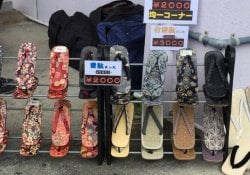Japan is a fascinating country that can be exciting and intimidating for first-time visitors. With its rich culture, unique customs, and beautiful landscapes, it's no wonder that Japan is a popular travel destination. This Japan travel guide will cover ten essential tips to help you make the most of your trip. From understanding the transportation system and local customs to finding the best food and attractions, we've got you covered. So, let's dive in and start exploring Japan!
Índice de Conteúdo
Visa and travel requirements
Before you start packing your bags, it's crucial to make sure you have all the needed documents for your trip to Japan. Depending on your nationality, you may need a visa to enter Japan. It's essential to check the visa requirements for your country before booking your trip. If you need access, apply for it well before your trip.
In addition to a visa, you'll need a valid passport to enter Japan. Ensure your passport should be valid for the duration period in Japan. If you plan to stay in Japan for over 90 days, you must apply for a visa extension.
Read also: Types of Japanese visa - Some you may not even know
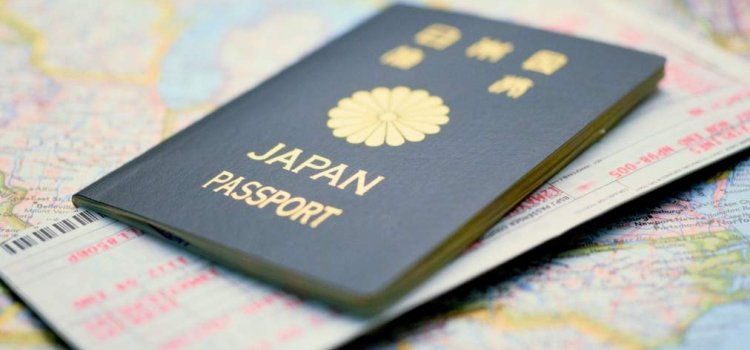
When to visit Japan
Japan is a year-round destination, each season offering unique attractions. The best time to visit Japan depends on what you're looking for. If you want to enjoy the cherry blossoms, the perfect time to visit is late March or early April. If you're interested in winter sports, the best time to visit is in December or January.
Summer in Japan is usually hot and humid, so it's best to avoid visiting in July and August if you're not a fan of the heat. Autumn is a popular time to visit Japan, as the leaves change color and the weather is mild.
See too: When is the best time to visit Japan?
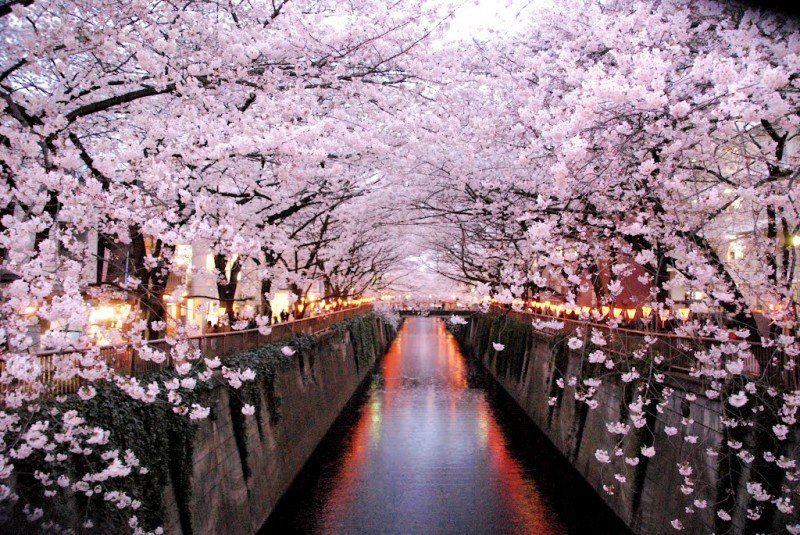
Japanese etiquette and customs
Japanese culture is rich in traditions and customs, it is essential to be aware of this when visiting Japan. Some of the most important activities to observe include reverence, taking off your shoes before entering a house or temple and wearing the chopsticks correctly.
It's also important to be mindful of your behavior in public. Loud talking, littering, and smoking in non-designated areas are all considered rude in Japan. It's essential to respect the local customs and traditions during your visit.
Read also: Japanese habits and customs

The article is still halfway through, but we recommend also reading:
transport in japan
Japan has an efficient and extensive transportation system that makes it easy to get around. The most popular modes of transportation in Japan are trains and buses. The train system in Japan is world-renowned for its punctuality and efficiency. The Shinkansen, or bullet train, is a fast and convenient way to travel between cities.
Purchasing a Japan Rail Pass is a good idea if you plan to travel around Japan by train. The Japan Rail Pass allows unlimited travel on most trains operated by JR, including the Shinkansen. The pass is only available to tourists and must be purchased before arriving in Japan.
We recommend reading: JR Pass - Is it worth it? How to buy?
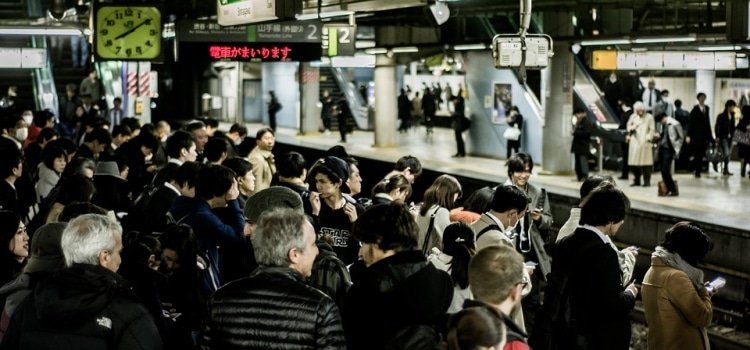
Accommodation Options in Japan
Japan has many accommodation options to suit every budget and preference. From traditional ryokans to modern hotels, there's something for everyone. If you're interested in experiencing Japanese culture, staying in a Ryokan is a must. Ryokans are Japanese-style inns that offer traditional tatami rooms, communal baths, and delicious meals.
If you prefer more modern accommodations, plenty of hotels and hostels exist. Airbnb is also popular in Japan, but check local laws and regulations before booking.
See too: 20 types of lodging and accommodation in Japan

Money and Currency Exchange
The currency used in Japan is the yen. It's a good idea to exchange money before arriving in Japan, as many places don't accept foreign currency. There are currency exchange counters at most international airports in Japan, as well as at major train stations and banks.
Credit cards are widely accepted in Japan, but having cash for smaller purchases is always good. It's also important to note that many ATMs in Japan don't accept foreign cards, so it's a good idea to check with your bank before you leave home.
See too: Coins of Japan - Knowing the Yen and its history
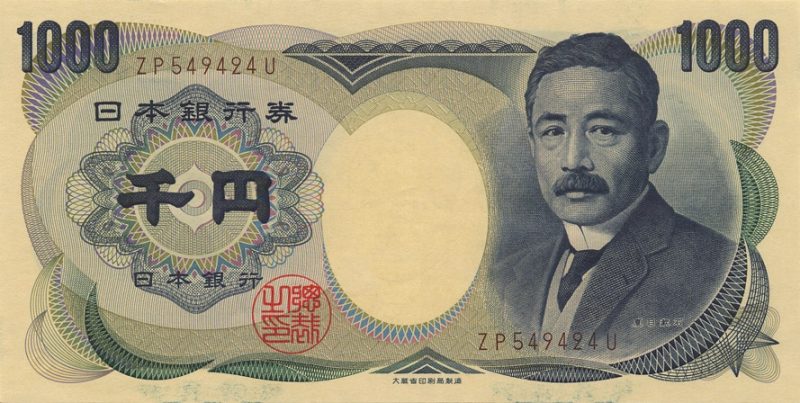
Must-Visit Tourist Attractions in Japan
Japan has countless tourist attractions, from ancient temples to modern cities. Some popular interests include Tokyo Disneyland, Mount Fuji, the Hiroshima Peace Memorial Park, and the Fushimi Inari Shrine in Kyoto.
If you're interested in history and culture, Kyoto is a must-visit destination. The city has over 2,000 temples and shrines, including the famous Kiyomizu-Dera and Fushimi Inari Shrine.
Read also: Tips for not spending money on tourism in Japan
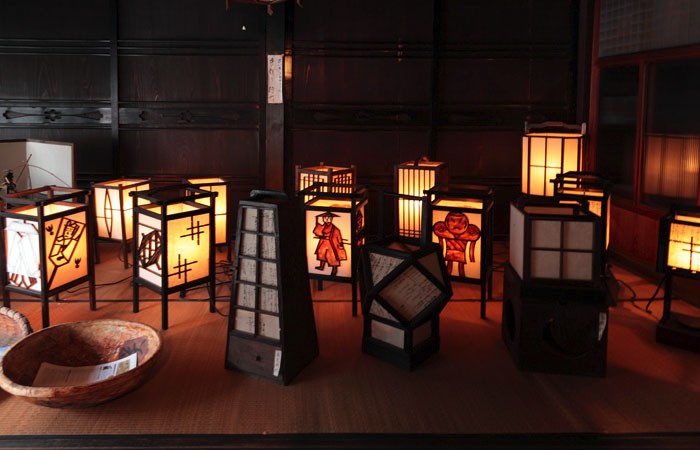
Foods and drinks to try in Japan
Japanese cuisine is known for its fresh ingredients, subtle flavors, and beautiful presentation. Some must-try Japanese dishes include sushi, ramen, tempura, and okonomiyaki. Japanese tea is also a must-try; green tea is the most popular variety.
Visiting a traditional tea ceremony is necessary if you're interested in experiencing Japanese culture. The tea ceremony is a cultural ritual involving matcha tea preparation and serving.
See too: The 100 most popular Japanese meals in Japan
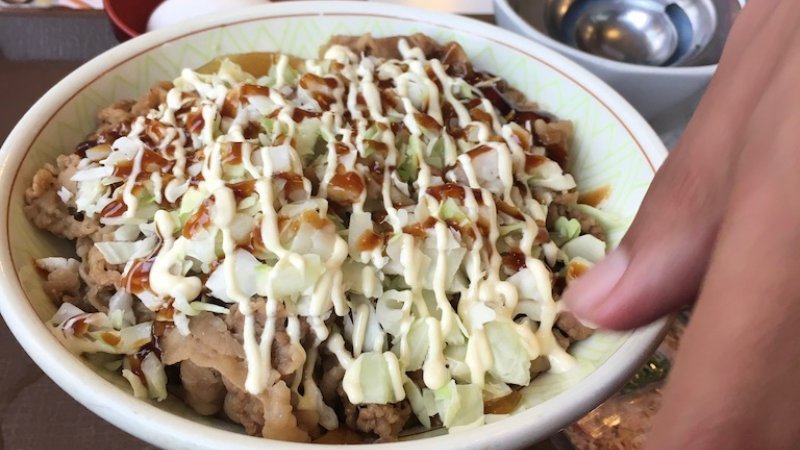
Safety tips for traveling in Japan
Japan is generally a safe country, with low levels of crime and violence. However, taking basic safety precautions when traveling is always a good idea. Keep your valuables secure and be aware of your surroundings at all times.
If you're traveling alone, let someone know your itinerary and check in regularly. It's also important to be mindful of natural disasters, such as typhoons and earthquakes, which can occur in Japan.
Conclusion
Japan is a fascinating and beautiful country that is well worth a visit. By following these ten essential tips, you'll be well-prepared to navigate Japanese culture and customs quickly. Japan has something for everyone, from efficient transportation to delicious food. So pack your bags, brush up on your Japanese, and get ready for an unforgettable adventure in Japan!


